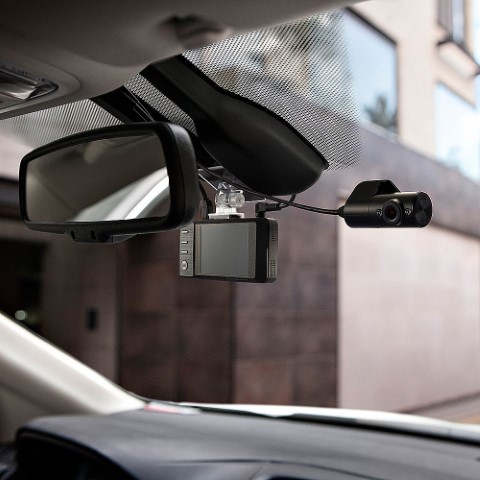 Dash cams have become a common addition to many vehicles on the road today. These small devices can record everything on the road while driving. They have become an essential tool for many drivers, providing them with an additional layer of security on the road. Dash cams can be used to capture footage of accidents, traffic violations, and other incidents that occur on the road. But, can dash cam footage be used in court? In this article, we will explore the answer to this question.
Dash cams have become a common addition to many vehicles on the road today. These small devices can record everything on the road while driving. They have become an essential tool for many drivers, providing them with an additional layer of security on the road. Dash cams can be used to capture footage of accidents, traffic violations, and other incidents that occur on the road. But, can dash cam footage be used in court? In this article, we will explore the answer to this question.
The simple answer to this question is yes, dashcam footage can be used in court. However, there are a few things that you need to consider when using dashcam footage in court.
First, the footage must be admissible. Admissibility is determined by the court and is based on the relevance, authenticity, and reliability of the evidence. In other words, the footage must be relevant to the case, and it must be authentic and reliable. If the footage is not admissible, it will not be considered evidence.
To determine the admissibility of dashcam footage, you need to consider the following:
Footage Relevancy
The footage must be relevant to the case at hand. For example, if the case is about a car accident, the footage must show the accident or the events leading up to the accident. If the footage does not show anything relevant to the case, it will not be considered evidence.
Is The Dashcam Footage Authentic?
The authenticity of the footage must be established. This means that the footage must be what it claims to be. The court will want to know that the footage has not been altered or edited. If the authenticity of the footage cannot be established, it will not be considered evidence.
The Reliability of Dash cams
The reliability of the footage must also be established. This means that the footage must be accurate and reliable. If the footage is shaky or blurry, it may be difficult to determine what is happening. Once you have established that the dashcam footage is admissible, you can then use it as evidence in court. The footage can be used to support your case or to refute the case presented by the other party.
Dash Cam Footage and Liability
Dash cam footage can be particularly useful in cases where there is no other evidence to support your claim. For example, if you are involved in a car accident and the other driver denies liability, you can use the dash cam footage to prove that the other driver was at fault. The footage can also be used to prove that you were not at fault if the other driver is making false claims.
However, dashcam footage can also be used against you. For example, if you are involved in a car accident and the dash cam footage shows that you were driving recklessly, the footage can be used to prove that you were at fault. Therefore, it is important to ensure that you are driving safely and obeying all traffic laws when using a dashcam.
In addition to admissibility, there are other legal considerations when using dashcam footage in court. For example, you must ensure that you have the right to record the footage. In some states, it is illegal to record audio without the consent of all parties involved. Therefore, you should ensure that you are familiar with the laws in your state before using a dashcam.
Dash Cams and Privacy
Another consideration is privacy. You should ensure that the footage does not violate anyone’s privacy rights. For example, you should not record footage of someone in their home or in a private setting without their consent. If you violate someone’s privacy rights, the footage may not be admissible in court.
In conclusion, dashcam footage can be used as evidence in court, but there are some important considerations to keep in mind. It must be relevant, authentic, and reliable.










